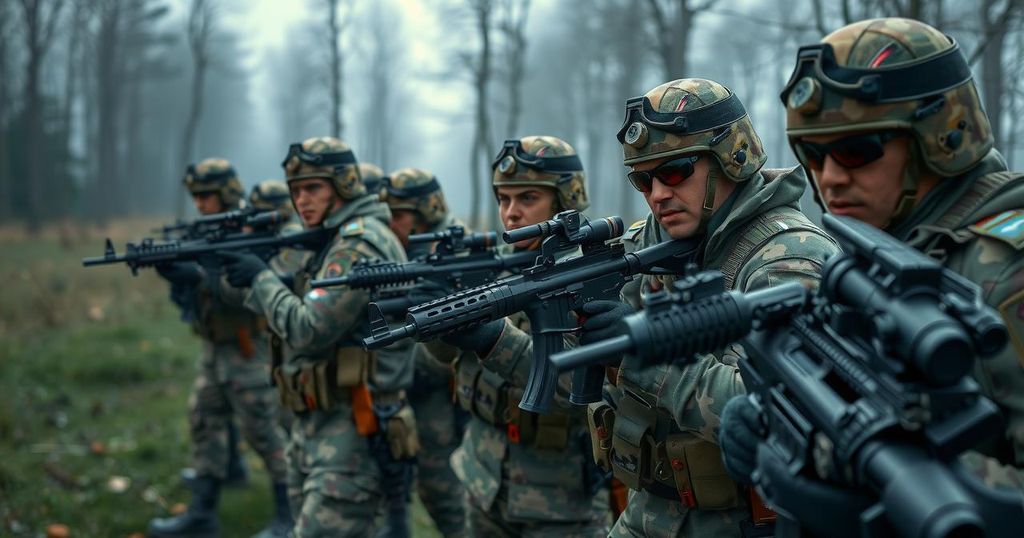North Korean Troops Allegedly Set to Support Russia in Ukraine

Recent reports indicate that North Korean troops may be preparing to assist Russia in the Ukraine conflict, following a visit from Russia’s defense minister to Pyongyang. This potential cooperation could significantly impact the ongoing war and international relations.
The recent developments regarding North Korean troops alleged to be supporting Russian military efforts in Ukraine have drawn significant scrutiny. Following an unannounced visit by Russia’s defense minister to Pyongyang, Ukraine has asserted that North Korean forces are positioned in Russia, ready to assist in the conflict. This situation raises critical questions about North Korea’s military alignment and its potential ramifications on the ongoing war in Ukraine. Our Analysis Editor, Ros Atkins, in collaboration with BBC Verify, presents a detailed examination of these claims and their context in the broader geopolitical landscape.
The involvement of North Korea in the Ukraine conflict stems from a complex web of international relationships and military strategies. North Korea’s military cooperation with Russia, particularly amidst escalating tensions with the West, reflects a shift in diplomatic ties. Russia’s need for additional military resources due to prolonged conflict in Ukraine coincides with North Korea’s willingness to lend support, a move that could alter the dynamics of the war significantly. As the situation evolves, analysts are closely monitoring the implications of such alliances on global security and diplomatic negotiations.
In summary, the claim that North Korean troops are poised to support Russian military operations represents a pivotal moment in the Ukraine conflict. The recent visit by the Russian defense minister to North Korea signals deeper collaborative intentions, potentially reshaping the landscape of international military alliances. Continued observation of this partnership will be crucial for understanding future developments in Ukraine and the broader geopolitical implications.
Original Source: www.bbc.com








